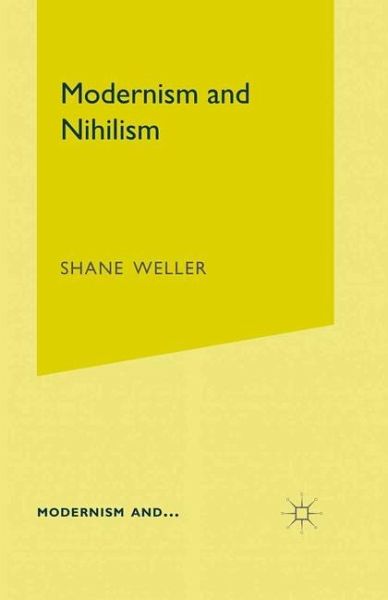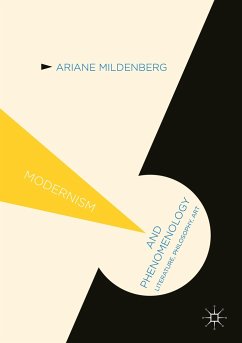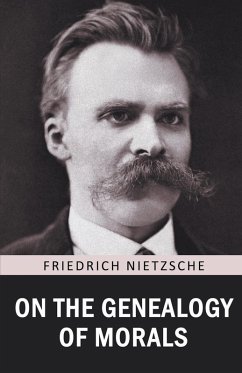
Modernism and Nihilism

PAYBACK Punkte
23 °P sammeln!
At the heart of some of the most influential strands of philosophical, political, and aesthetic modernism lies the conviction that modernity is fundamentally nihilistic. This book offers a wide-ranging critical history of the concept of nihilism from its origins in French Revolutionary discourse to its place in recent theorizations of the postmodern. Key moments in that history include the concept's appropriation by political activists in mid-nineteenth-century Russia, by Nietzsche in the 1880s, by the European avant-garde and 'high' modernists in the early decades of the twentieth century, by...
At the heart of some of the most influential strands of philosophical, political, and aesthetic modernism lies the conviction that modernity is fundamentally nihilistic. This book offers a wide-ranging critical history of the concept of nihilism from its origins in French Revolutionary discourse to its place in recent theorizations of the postmodern. Key moments in that history include the concept's appropriation by political activists in mid-nineteenth-century Russia, by Nietzsche in the 1880s, by the European avant-garde and 'high' modernists in the early decades of the twentieth century, by conservative revolutionaries in Germany in the interwar years, and by major theorists in the post-Holocaust period. Focusing in particular on the abiding impact of Nietzsche's claim that art is the 'only superior counterforce' to nihilism, Weller argues that an understanding of modernism (and, indeed, of postmodernism) is impossible without a reflection upon the decisive role played by the concept of nihilism therein.












